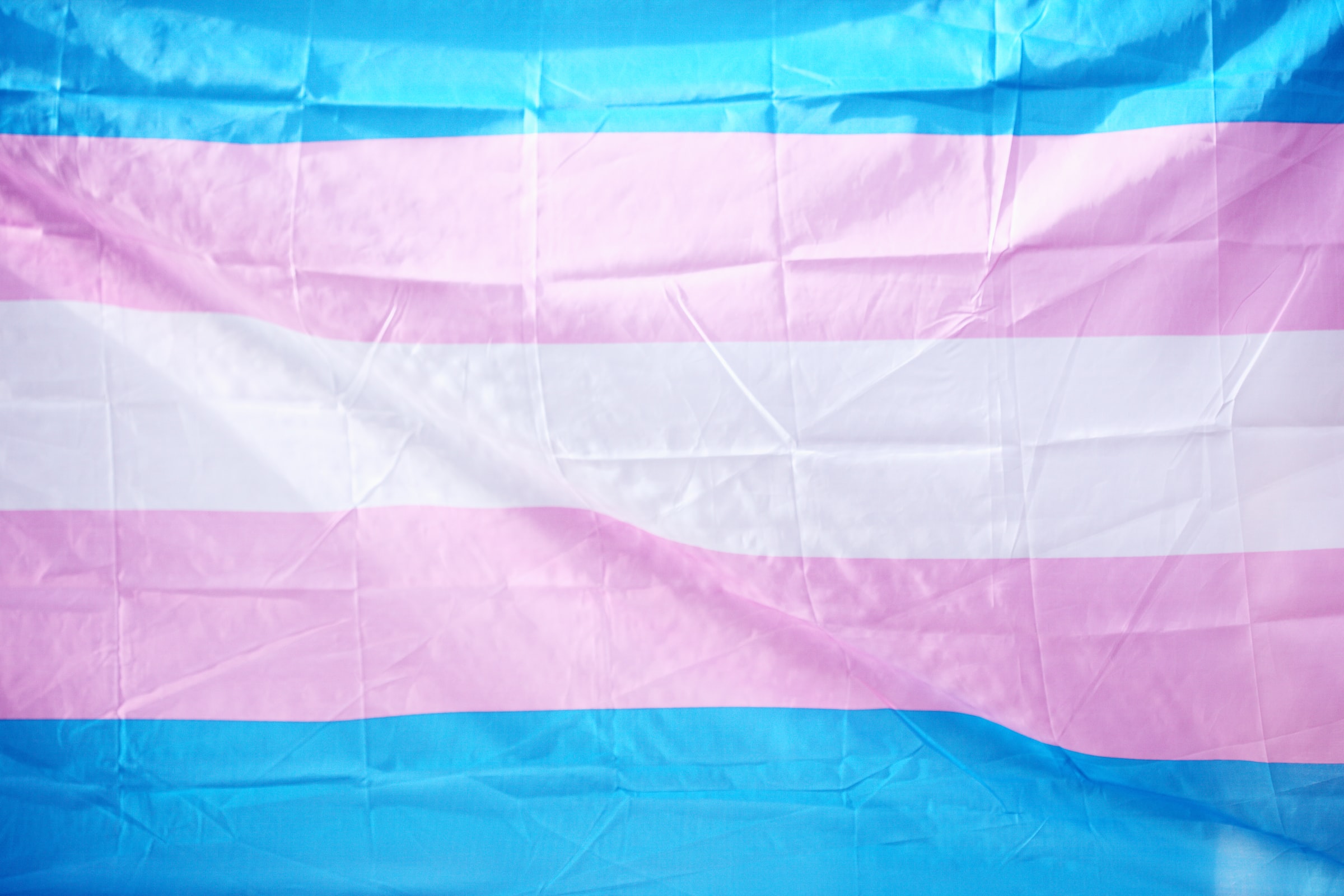
Comment Writer Charlotte Whittle considers the recent reversal of trans rights in both the UK and USA, suggesting that it is an issue of human rights and a serious threat to an already vulnerable group
The Sunday Times reported that Boris Johnson has recently dropped the Gender Recognition Act (GRA), which would have allowed trans individuals to legally change their gender by self-identifying. By self-identifying they would experience a much quicker, easier, and more humane process of achieving a gender recognition certificate (GRC). Currently, in order to receive a GRC, the individual must have lived in their gender for two years, which means sending in photos and evidence from your life to prove that you identify as this gender, and additionally, have a medical diagnosis of gender dysphoria. To make it harder, a panel of people judge whether you deserve a GRC. This panel has never met you and they probably never will. The whole process is deeply criticised by the trans community for being dehumanising, discriminative, secretive, and medicalised and many people choose to avoid this painful experience despite the rewards of having a GRC.
It may seem like a GRC is not something hugely important to have. However, it means that you are greater protected from discrimination. Legally, you have to be treated as your affirmed gender, which can entitle you to different benefits, pensions, tax liabilities, and makes it easier to apply for jobs. Psychologically and socially, it may allow you to feel more accepted by friends, family, colleagues, and by yourself.
The Sunday Times also revealed that a consultation on these reforms received 100,000 responses, of which roughly 70% supported the GRA. Yet, the government have dismissed this as being ‘skewed’ because they believe a great percentage of these responses came from trans rights groups. It is incomprehensible that a piece of legislation which exclusively effects the lives of the trans community, should be denied because there is a not a greater cisgender opinion on the matter. To ‘placate’ the LGTBQ+ community, the government have declared a ban of gay conversion therapy. However, this has failed to suppress any anger or frustration towards the government for abandoning the GRA, something the trans community has been anticipating for two years.
It is incomprehensible that a piece of legislation which exclusively effects the lives of the trans community, should be denied because there is a not a greater cisgender opinion on the matter
There has also been a spotlight on the Black Lives Matter (BLM) movement throughout Pride month, with many of the LGTBQ+ activists reminding the world of Marsha P. Johnson’s commitment to the Gay Liberation Front and her actions in the Stonewall Riots in 1969 that have allowed Pride to be celebrated how it is today. The Stonewall Riots took place after the Stonewall Inn, a gay club in Greenwhich village in New York, was raided, triggering a six-day onset of retaliation against police brutality by Black, gay, and feminist activists. Stonewall is often seen as a catalyst to the gay rights movement in the US and around the world. Figures like Marsha P. Johnson have allowed awareness to be made specifically about the lives of Black trans individuals who face a shocking amount of discrimination. This is highlighted by Mic’s ‘Unerased: Counting Transgender Lives’ project, which estimates that the total murder rate for the US in one year was 1 in 19,000, however, for Black trans women it was 1 in 2,600.
While society, most prominently on the media, appears to become more supportive and understanding of the trans community, governments across the world appear to be treating this progression as a threat. Although the Supreme Court has recently declared the inclusion of trans and gay people in the 1964 Civil Rights Act – thus protecting them from discrimination in employment – Trump has taken other measures to roll back the rights of LGTBQ+ people. A new administrative rule was released which reduces the LGTBQ+ community’s protection against discrimination in health care. The rule allows for doctors and health care specialists to discriminate against someone based on their gender identity, targeting the trans community specifically in this roll back of rights. Effectively, Trump has reversed Obama’s inclusion of the LGTBQ+ community in the Affordable Care Act.
Beyond this being a serious issue of basic human rights, it arguably encourages greater discrimination toward a community that is already dealing with crippling mental health and staggering abuse
Beyond this being a serious issue of basic human rights, it arguably encourages greater discrimination toward a community that is already dealing with crippling mental health and staggering abuse. Stonewall highlights that nine in ten trans individuals consider suicide and one in four attempt suicide. Furthermore, trans individuals already have immense difficulty seeking therapy and doctors who supply appropriate support and understanding surrounding hormones and gender reassignment surgery. Not only does this outline how Trump is reversing the progression of trans rights in the US, but the fact that this was also released on 12 June, the fourth anniversary of the Pulse shooting in an Orlando nightclub, enforces the absence of sensitivity, empathy, and understanding that Trump’s government have in their regard to the LGTBQ+ community. 49 victims died in that shooting, mostly consisting of gay and trans individuals, and are all victims of a horrifying hate crime. It is unclear if this was intentional. Nevertheless, the callous message that the LGTBQ+ community are not supported or protected by Trump’s government is clear.
More from Comment:
Could the Black Lives Matter Movement Ruin Trump’s Chances of Re-Election?

Comments